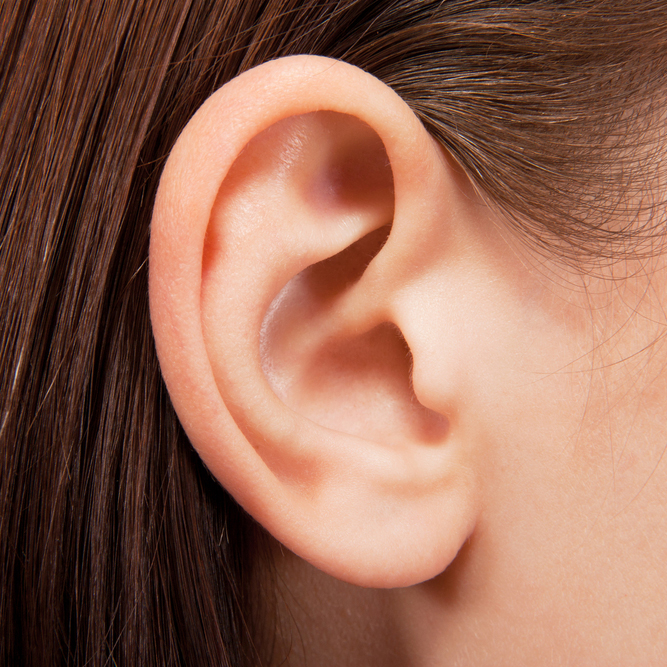Over 5% of the world's population - or 466 Million people - have a disabling hearing loss. The most severe cases (approximately 37 million people) can be helped with cochlear implants, which work by directly stimulating the auditory nerve in the cochlea with an implanted electrode array. At present, the speech intelligibility of cochlear implants is usually measured under more or less ideal conditions - sound proof labs - which is not practical in everyday life. Many patients suffer from difficulties in understanding speech which makes it difficult to attend school, or work. This team aims to develop and test new artificial intelligence (Al) techniques that improve the signal, analyze the auditory landscape (including the separation of sound sources) and combine the signals on both ears to make it possible, for example, for patients to understand what is being spoken in noisy environments, such as a classroom, or work meeting.













